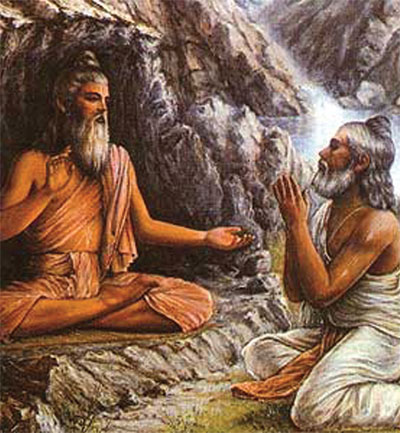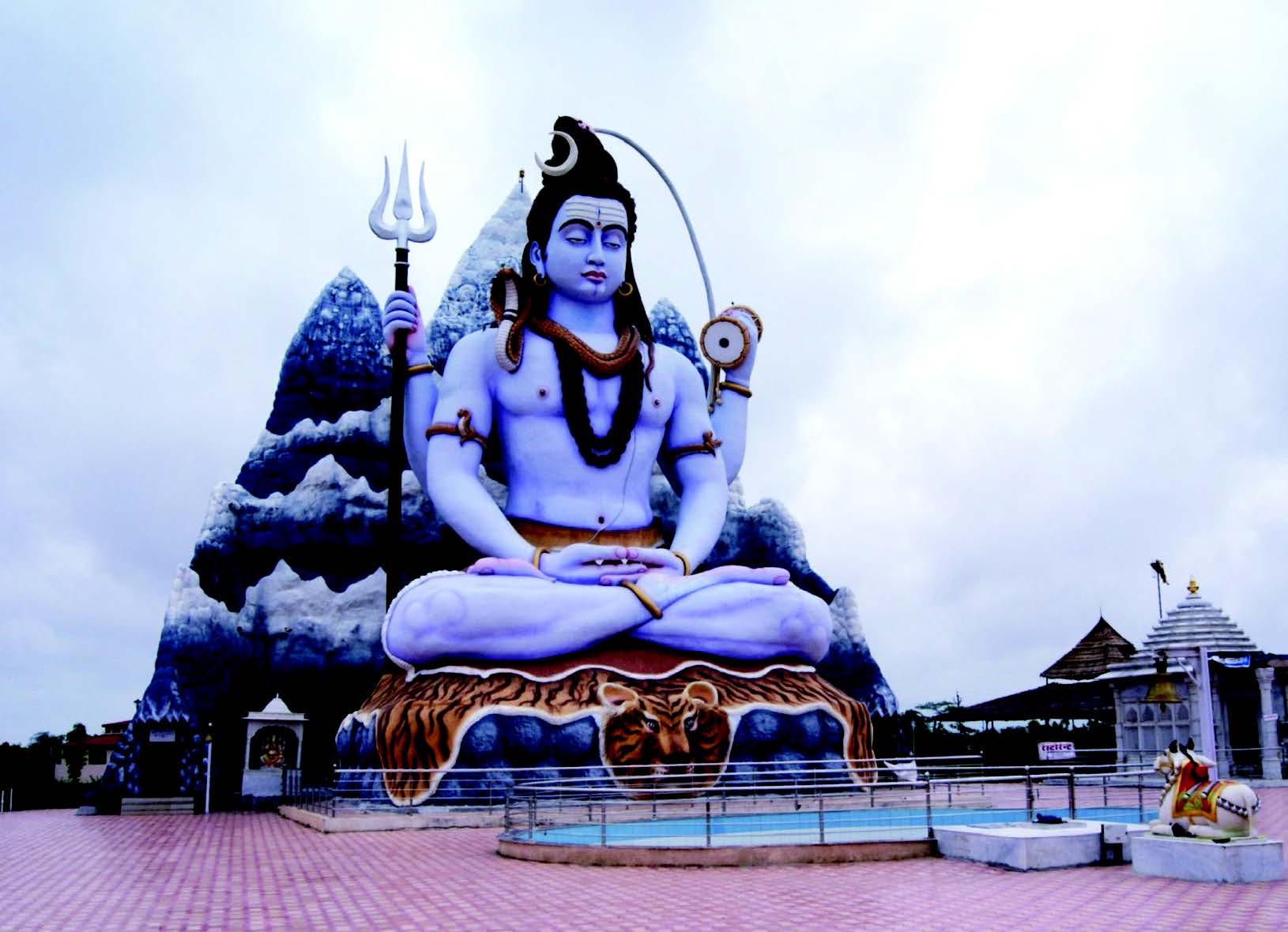
Mahashivratri, meaning “The Great Night of Shiva,” is one of the most significant Hindu festivals celebrated with devotion and fervor across India and many parts of the world. Observed annually on the 14th night of the lunar month of Phalguna or Magha, this festival holds immense spiritual importance for Shiva devotees.
Significance of Mahashivratri
Mahashivratri is dedicated to Lord Shiva, the destroyer and transformer in the Hindu Trinity (Brahma, Vishnu, and Mahesh/Shiva). It is believed that on this night, Lord Shiva performed the Tandava, the cosmic dance of creation, preservation, and destruction. Another popular belief is that this is the night when Shiva and Goddess Parvati were married.
The festival is also considered an auspicious occasion for spiritual seekers, as it is believed that the planetary positions on this night create a natural energy surge, making meditation and devotion particularly effective.
Shivaratri Rituals
Devotees of Lord Shiva observe the Shivaratri Festival by following the prescribed rituals with sincerity and devotion. All through the day, devotees abstain from eating food and break their fast only the next morning, after the nightlong worship. Ritual baths of Shivalinga in the numerous Shiva temples by Shiva worshipper, mainly women, is another significant feature of Shivratri customs and traditions. Devotees strongly believe that ritual worship of Lord Shiva on the auspicious day of Shivaratri absolves them of past sins and they are blessed with Moksha.
As a tradition devotees wake up early in the morning of the Mahashivratri day and take a ritual sunrise bath, preferably in the holy waters of river Ganga. They also offer prayers to the Sun God, Vishnu and Shiva as a part of a purification rite observed on all-important Hindu festivals. After wearing fresh new clothes devotees visit the nearest Shiva Temple to give the customary bath to the Shivalinga.
On a Shivratri day, Shiva temples are thronged by devotees, mainly women, who come to perform the traditional Shivalinga pooja and seek blessings from the god. At times there is so much rush in the temples that devotees have to wait for their turn to observe pooja. At their turn for worship, devotees circumambulate the Shivalinga, three or seven times, and then pour water over it. Some also pour milk. Sounds of bell and shouts of ‘Shankarji ki Jai’ or (Hail Shiva) reverberate in the temple premises.
Ritual Bath of Shivalinga
Shivratri RitualsFollowing the rituals prescribed in the Shiva Purana, every three hours, Shivalingam is given a special bath with milk, yoghurt, honey, sandalwood paste and rose water. Puja, meditation and chanting of ‘Om Namah Shivaya’ accompany the ritual bath. Following the bath, vermilion paste is applied on the linga. Traditionally, leaves of a forest tree Aegle marmelos (bilwa, maredu, wood apple) are used for Shiva puja. Thereafter, Bilwa leaves, which have to be a stalk with three leaves, is kept on top of the Shivalinga. Ber or jujube fruit is a special offering to the god on this day. Beetle leaves are also offered by some. Some also offer bilwa leaves in the belief that the Goddess Lakshmi resides in them. Others believe it is offered for its cooling effects on the hot-tempered deity. Many devotees also decorate the linga with flowers and garlands and offer incense sticks and fruit.
All-Night Shiva Worship
Worship of Lord Shiva continues all through the night on Shivaratri Festival. Devotees stay awake all night and spend the night in Shiva temples in worship of Lord Shiva. Singing of hymns and verses in praise and devotion of Lord Shiva besides the intense chanting of Om Namah Shivay, the mantra that is said free people from all their sins, continue through the night on Shivaratri.
Special worship of Shiva by priests continues through the nightlong prayer vigil. During this ritual worship, Lord Shiva is offered special food made from the fruits of the season, root vegetables and coconuts. Those observing the Shivaratri Fast break their fast the next morning by consuming the prasad offered to Shiva.
Shivaratri Fast
Shivaratri Fast is considered to be the most important fast for the devotees of Lord Shiva. Shiva Purana goes on to say that if a devotee observes Shivaratri Vrata with sincerity, pure devotion and love he is blessed with the divine grace of Lord Shiva. Every year devotees observe Maha Shivaratri fast with devotion and sincerity. Though many go on a diet of fruits and milk, some do not consume even a drop of water all through the day and night of Shivaratri Festival.
Merits of Mahashivratri Vrat
According to Hindu mythology, observance of mahashivratri Vrat with discipline helps a devotee to control the two great natural forces that afflict a man, rajas guna (the quality of passionate activity) and tamas guna (the quality of inertia). When a devotee spends an entire day in the Feet of Lord and worships with sincerity, his motion is controlled and evils like lust, anger and jealousy, born of Rajas are ignored and subdued. Besides, when a devotee observes vigil throughout the night (jaagran) he manages to conquer the evils of Tamas Guna too. It has also been mentioned that when a devotee observes a round of worship every three hours, the Shivaratri Vrata becomes perfect.
Devotees of Lord Shiva believe consider Shivratri fast to be extremely auspicious and rate it equal or more than performing an Ashwamedha Yagna. Some believe that a devotee who observes a Shivaratri Fast with sincerity and utters the name of Lord Shiva with perfect devotion is absolved from all sins. Such a devotee reaches the abode of Lord Shiva and lives there happily. He is also liberated from the cycle of birth and death.
Customs and Traditions
Shivratri FastAs a tradition, devotees who are on a strict fast on Shivaratri take bath with the water that is boiled with black sesame seeds to wash away bodily impurities. After putting on fresh new clothes, a devotee visit the nearest Lord Shiva temple to perform the ritual Shiva Linga bath with milk, honey etc. While bathing the Lingam a devotee prays, “O Lord ! I will bathe Thee with water, milk, etc. Do Thou kindly bathe me with the milk of wisdom. Do Thou kindly wash me of all my sins, so that the fire of worldliness which is scorching me may be put out once for all, so that I may be one with Thee-the One alone without a second.”
Following the sacred bath, devotee applies haldi-kumkum on the lingum and place a garland of white and pink lotus flowers on it. Bel leaves are also placed at the top of the Lingum. Aarthi and bhajans in praise of Lord Shiva are also sung to invoke his blessings. Devotee also light incense stick and ring temple bell to invoke the blessing of the large-hearted Lord Shiva.
It may be noted that unlike most other festivals, where after performing the Puja of the deity a feast follows, a Shivratri fast continues all through the day and night. Devotees observe an all night vigil while chanting the mantra, “Om Namah Shivaya” and singing devotional hymns and songs. Even during the night, Shiva Lings is given the holy bath every three hours. An offering of fruits is also made to the deity. There is also the tradition to listen to the recital of various legends and stories related to Shivaratri and Lord Shiva and to understand its deeper meanings. It is only in the following morning that a devotee breaks the fast by consuming the prasad offered to Lord Shankar.





Be the first to comment